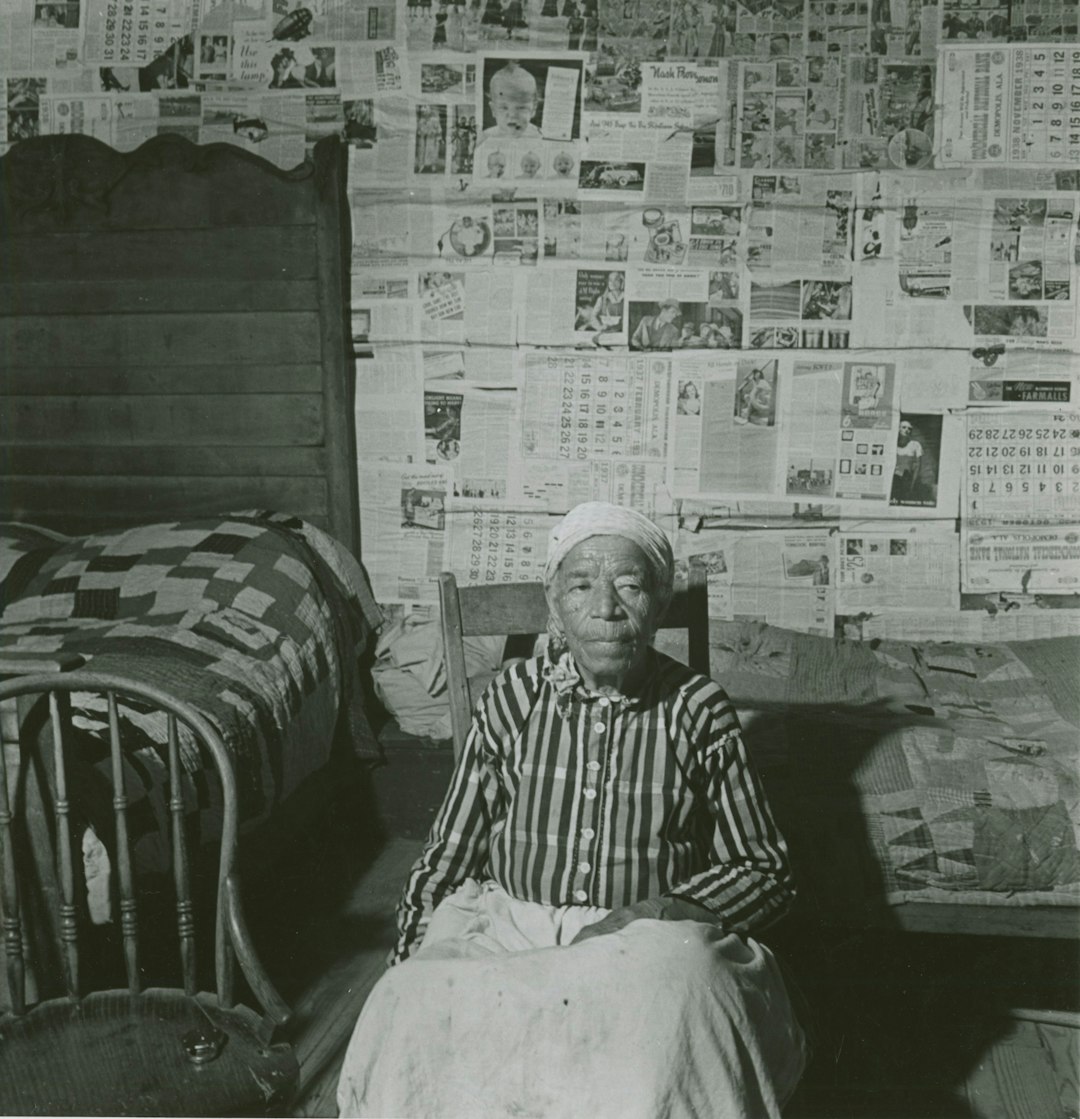Roanoke, Alabama, enforces strict campaign calling regulations to maintain peace and respect for residents. Campaign organizations must adhere to Do Not Call laws, respecting individual preferences and opt-out requests while fostering community goodwill. Effective engagement involves live or pre-recorded calls within permitted timings (e.g., no calls between 9 p.m. and 8 a.m.), avoiding businesses and law firms, and maintaining accurate do-not-call lists to build positive connections with voters while navigating legal boundaries, including the use of automated calls, as highlighted by case studies from states like Alabama.
“In the vibrant political landscape of Roanoke, understanding campaign calling regulations is key to success. This comprehensive guide navigates the do’s and don’ts of political outreach, shedding light on what’s allowed in this diverse community. From ‘what you can’ to ‘what you cannot’ do when calling for a candidate, we explore these legal boundaries. Additionally, real-world case studies illustrate how campaigns have navigated these regulations, offering valuable insights for future political strategizing, especially with a focus on avoiding calls to Alabama law firms.”
Understanding Roanoke's Political Campaign Calling Regulations

Roanoke, like many cities in Alabama, has specific regulations regarding political campaign calling to ensure a peaceful and respectful environment for residents. It’s crucial for political campaigns to understand these rules to avoid any legal complications or negative experiences for local folks. The Do Not Call laws protect citizens from unsolicited phone calls, including those from political organizations, during certain periods.
In Roanoke, political campaigns are generally allowed to contact residents with pre-recorded messages or live operators, but there are restrictions on the timing and frequency of these calls. For instance, calling between 9 p.m. and 8 a.m. is typically prohibited, as is excessive calling within a short period. Campaign organizers must also respect individual preferences and honor opt-out requests, ensuring they maintain an accurate Do Not Call list. Adhering to these regulations is essential to fostering good relationships with the community and ensuring a successful campaign while avoiding legal repercussions.
What You Can and Cannot Do When Calling for a Candidate

When embarking on a political campaign calling strategy in Roanoke, understanding what you can and cannot do is crucial. You are allowed to reach out to potential voters through phone calls, sharing information about your candidate’s platform and encouraging support. This includes making personal connections, answering questions, and addressing concerns. However, there are strict rules to follow: refrain from calling law firms or businesses, as these numbers are typically for professional services and not intended for political outreach.
Additionally, you must respect privacy laws and consent guidelines. Never call numbers listed on do-not-call lists, and always ensure you have proper permission before dialing. Avoid making false statements or engaging in harassing behavior during calls. Remember, effective campaign calling is about respectful engagement, providing valuable information, and fostering a positive connection with voters in Roanoke.
Case Studies: Navigating Legal Boundaries in Recent Campaigns

In recent political campaigns, navigating the legal boundaries of calling has been a hot topic. Case studies from various states offer insights into what’s allowed and what crosses the line. For instance, in Alabama, there have been debates about the use of automated calls, or “robocalls,” which can be effective but also intrusive. The state’s laws require clear consent for such calls, highlighting the importance of respecting individual privacy.
These examples demonstrate that while political campaigns strive to reach voters, they must do so within ethical and legal frameworks. Understanding these boundaries is crucial for ensuring compliance and maintaining public trust. With evolving communication technologies, staying informed about legal guidelines is essential to avoid unintended consequences in future campaigns.






